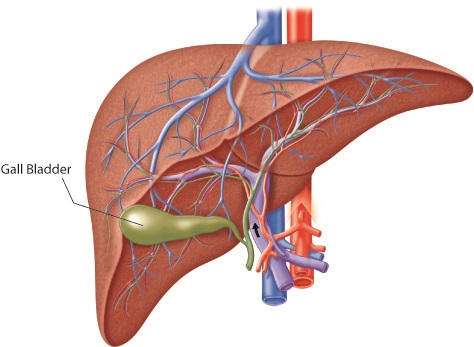A gastroenterologist specializes in diagnosing and treating conditions that affect the digestive system, including the stomach, intestines, liver, and pancreas. During your initial visit, the focus is on understanding your symptoms and developing a personalized plan for diagnosis or treatment. Knowing what happens during this appointment can help you feel at ease and prepared to take an active role in your digestive health.
Preparing for Your Appointment
Proper preparation helps your gastroenterologist provide the most accurate diagnosis and treatment plan. Start by gathering your complete medical history, including any previous surgeries, hospitalizations, or chronic conditions. Make sure to bring a current list of all medications, supplements, and vitamins you take regularly.
Write down your symptoms in detail before your visit. Note when they started, how often they occur, and what makes them better or worse. Track foods that seem to trigger your symptoms. Your gastroenterologist will want to know about pain levels, bowel movement patterns, and any changes in your appetite or weight. Bring your insurance information and a list of questions you want to ask. Many patients find it helpful to write down their concerns beforehand so they don’t forget anything during the appointment.
Discussing Symptoms and Medical History
Your gastroenterology specialist will begin by reviewing your medical history and current symptoms. This conversation covers several key areas. The doctor will ask about your family history of digestive problems, as many gastrointestinal conditions can be inherited.
You’ll discuss your current symptoms in detail, including when they started and how they affect your daily activities. The gastroenterologist may ask about your diet, stress levels, and lifestyle habits. Be honest about alcohol consumption, smoking, and eating patterns, as these factors can impact digestive health.
The doctor will also review previous tests or treatments you’ve tried. This information helps them understand what has or hasn’t worked for you in the past. You should also bring copies of any recent lab results, imaging studies, or reports from other doctors, if available.
Testing and Physical Examination
After the consultation, your gastroenterologist will perform a physical examination. This includes checking your abdomen for tenderness, swelling, or unusual masses. The doctor may also use a stethoscope to listen to bowel sounds and gently press on different areas of your stomach and sides.
Depending on your symptoms, the specialist may recommend diagnostic tests during or after your visit. Common tests include blood work to check for infections, inflammation, or nutritional deficiencies. Stool samples may be requested to look for signs of infection or bleeding. More specialized tests might be scheduled for later appointments. Your doctor will explain what each test involves and why it’s needed for your specific situation.
Planning and Follow-Up Discussion
Once the examination is complete, your gastroenterologist will discuss their findings with you. They’ll explain what they think may be causing your symptoms and outline the next steps in your care. This may include immediate treatment recommendations or scheduling further tests. Your gastroenterologist will create a treatment plan tailored to your specific needs. This may include dietary changes, medications, or lifestyle modifications. You’ll receive information about what symptoms should prompt you to call the office before your next scheduled visit.
Schedule Your Gastroenterologist Visit Today
Your first visit to a gastroenterologist is a fundamental step toward achieving better digestive health. The appointment involves discussing your symptoms and medical history, undergoing a physical examination, and creating a personalized treatment plan. Remember that gastroenterologists are trained to handle sensitive topics and procedures with professionalism and care. Contact a qualified gastroenterologist near you to schedule your first appointment and begin your journey toward improved digestive health.





Leave a Reply